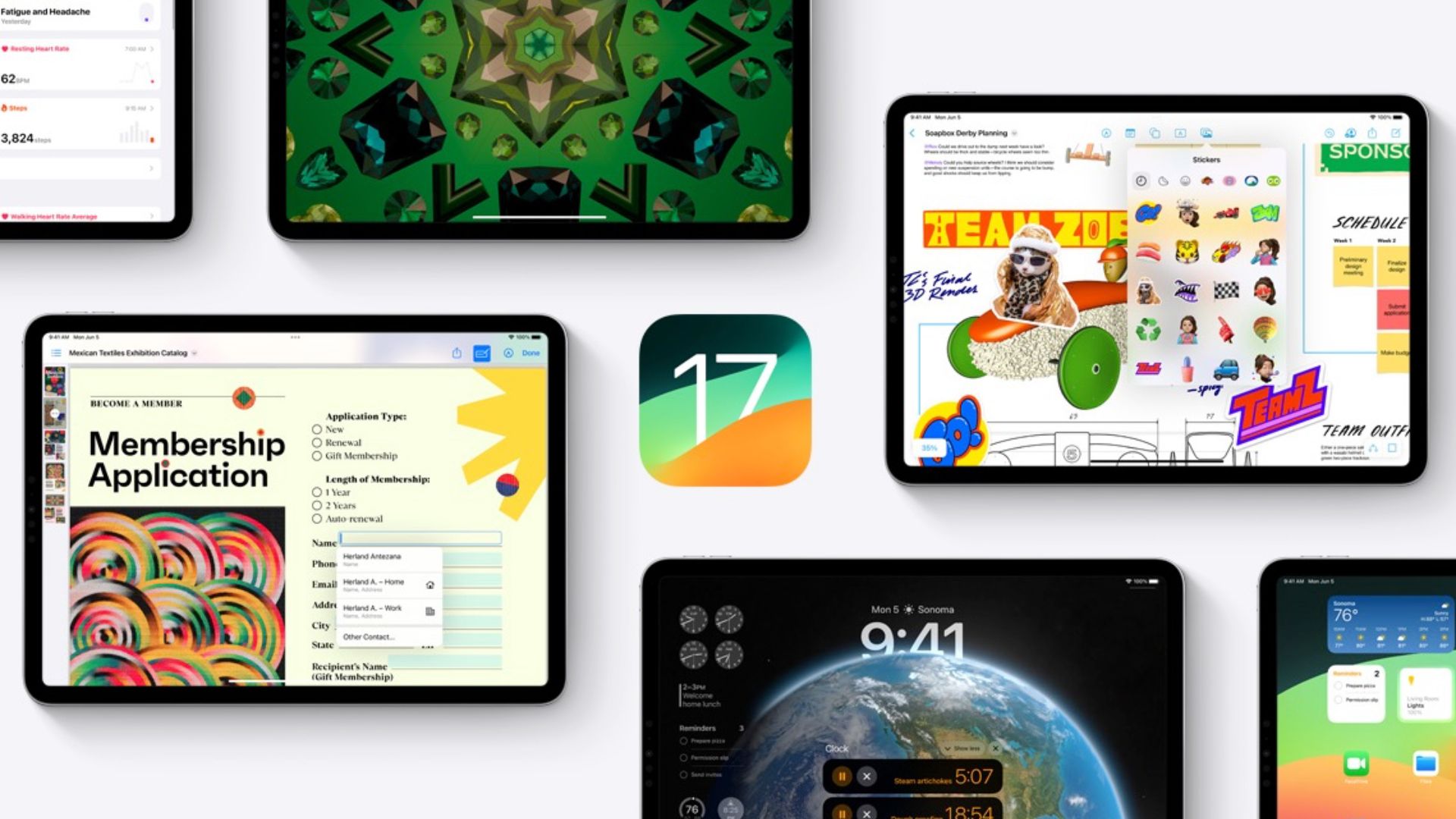30% of South Korean schools now use AI smart textbooks
30% of South Korean schools now use AI-powered textbooks, sparking global debate on the future of education and AI integration.


South Korea is leading a global shift in education by integrating artificial intelligence into everyday learning. As of 2025, more than 30% of South Korean schools have adopted AI-powered textbooks, primarily in English and mathematics. These smart textbooks use real-time data analytics to adjust lessons based on individual student performance, helping teachers deliver more personalised and effective instruction.
The AI-based materials are designed to provide instant feedback, tailor questions to each student’s learning pace, and help identify areas where they struggle. The goal is to make education more efficient and inclusive, particularly in schools with large student populations or limited teaching resources.
Government plans full rollout by 2025
This move is part of a nationwide strategy to modernise South Korea’s education system. The Ministry of Education has announced plans to expand the use of AI textbooks to all schools by 2025, a significant commitment toward preparing students for a technology-driven world.
The government also launched pilot programs across various schools to gather feedback from students, teachers, and parents, which will inform future implementation. South Korea’s approach is already drawing attention globally, with education experts noting its potential to bridge learning gaps and democratise access to quality instruction.
Reid Hoffman urges AI integration in higher education
Meanwhile, the conversation around AI in education is expanding beyond primary and secondary levels. LinkedIn co-founder Reid Hoffman recently advocated for incorporating artificial intelligence into college curricula. Speaking at an AI education summit, Hoffman said that understanding how AI works should be as essential as learning mathematics or programming.
“AI is not just a tool we use—it’s becoming part of how we work, learn, and make decisions. We owe it to the next generation to help them navigate this landscape intelligently,” said Hoffman.
His comments reflect a growing global sentiment that AI literacy is no longer optional, particularly for students entering tech-driven fields like business, engineering, healthcare, and public policy.
Balancing innovation with caution
While the benefits are clear, experts caution that the rise of AI in classrooms must be handled with care. Concerns around data privacy, algorithmic bias, and over-reliance on technology persist. Teachers’ unions have also raised questions about how AI might impact their roles and responsibilities in the future.



















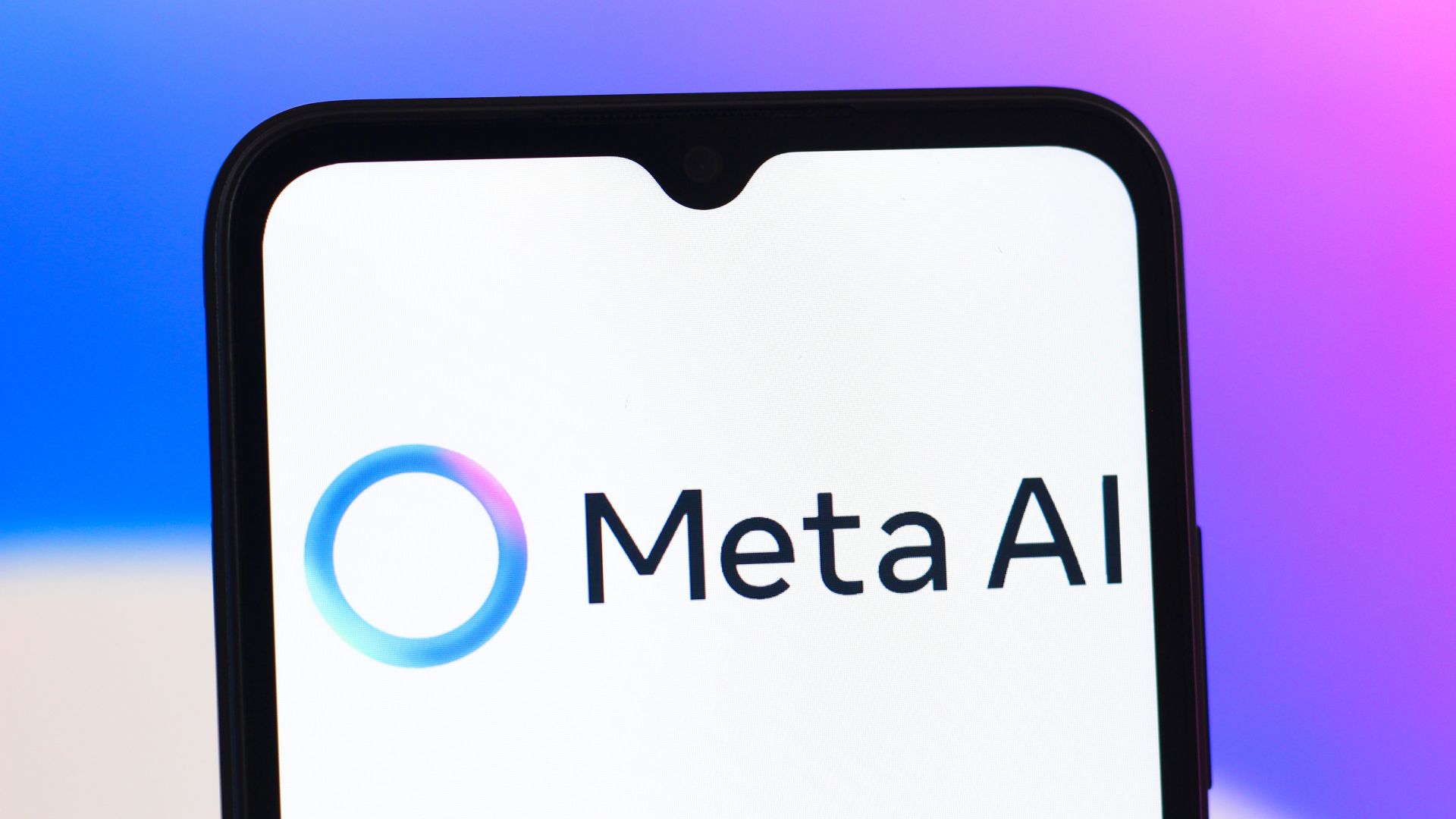


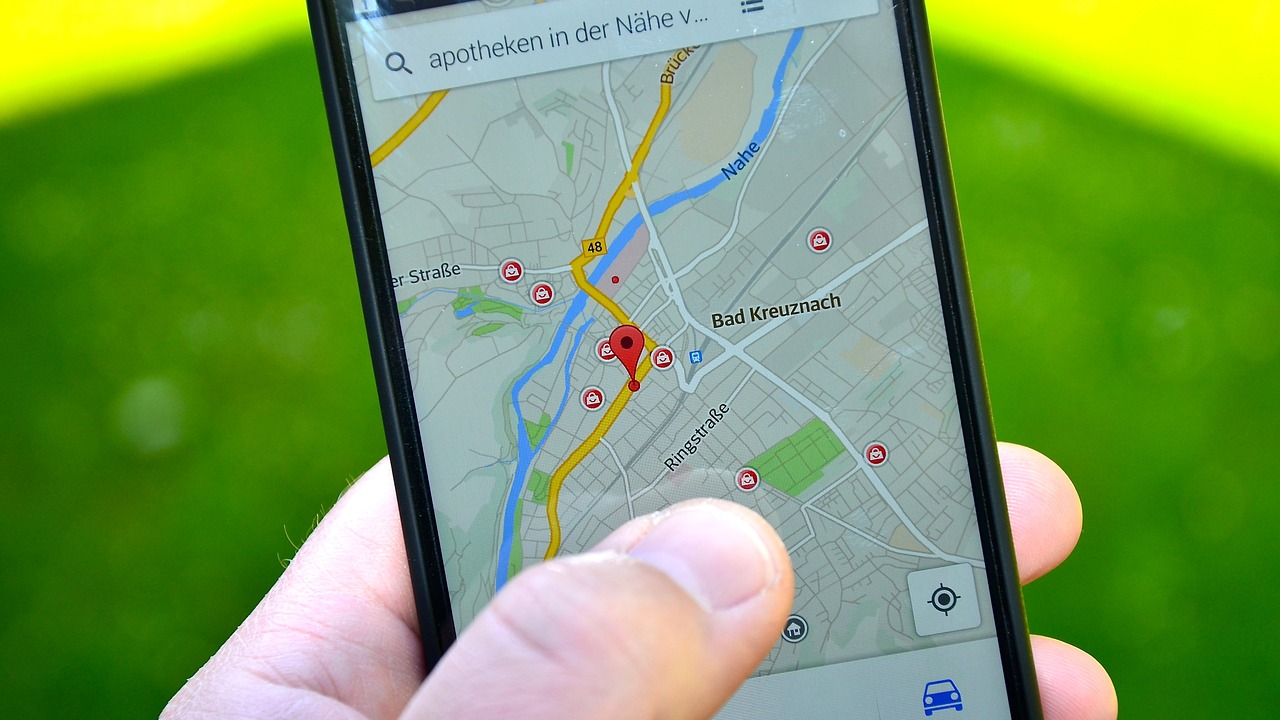
















































































































































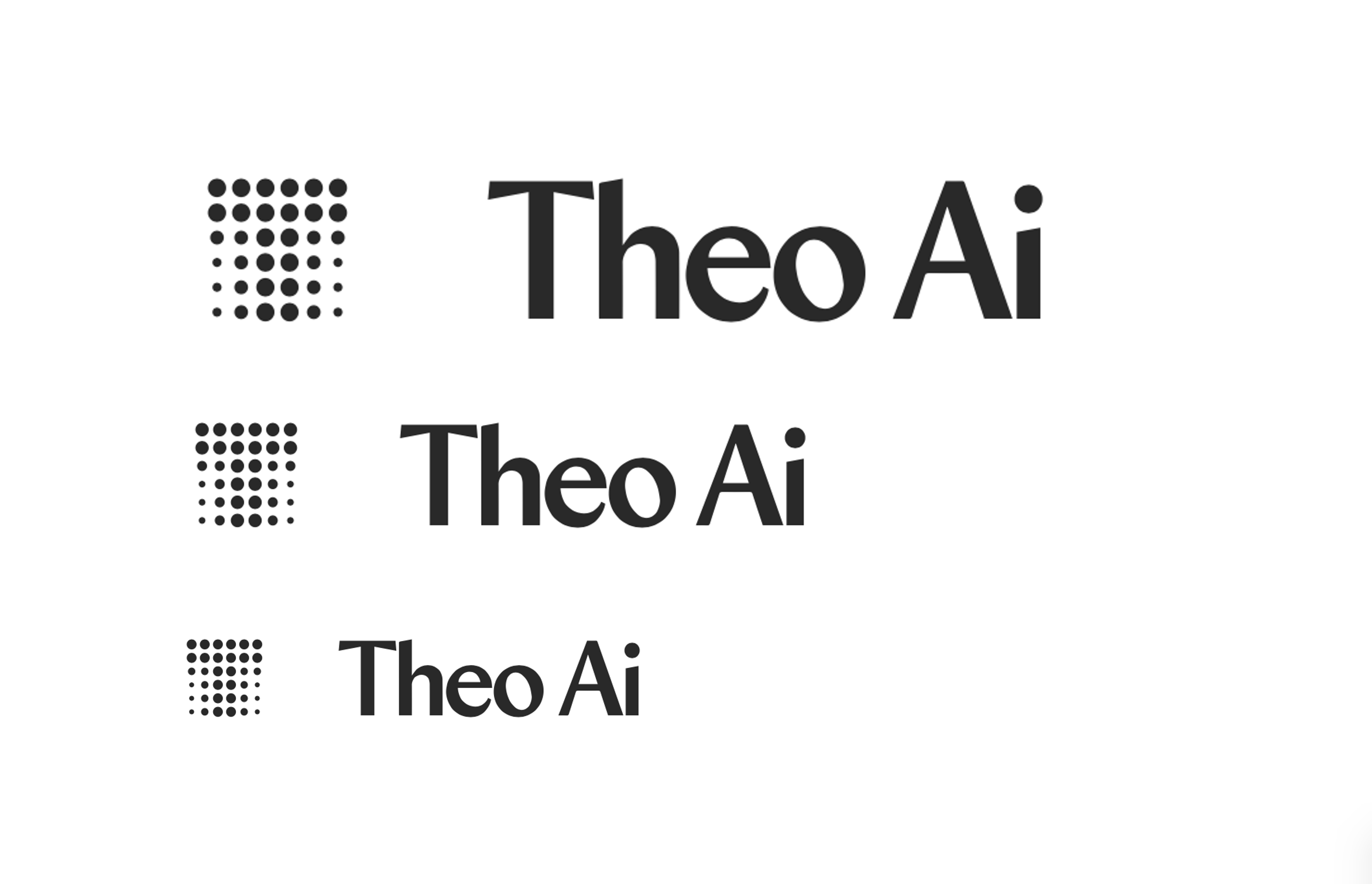






![[The AI Show Episode 146]: Rise of “AI-First” Companies, AI Job Disruption, GPT-4o Update Gets Rolled Back, How Big Consulting Firms Use AI, and Meta AI App](https://www.marketingaiinstitute.com/hubfs/ep%20146%20cover.png)











































































































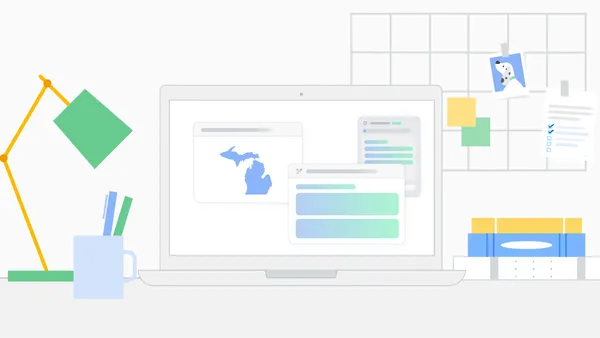




















![How to make Developer Friends When You Don't Live in Silicon Valley, with Iraqi Engineer Code;Life [Podcast #172]](https://cdn.hashnode.com/res/hashnode/image/upload/v1747360508340/f07040cd-3eeb-443c-b4fb-370f6a4a14da.png?#)

















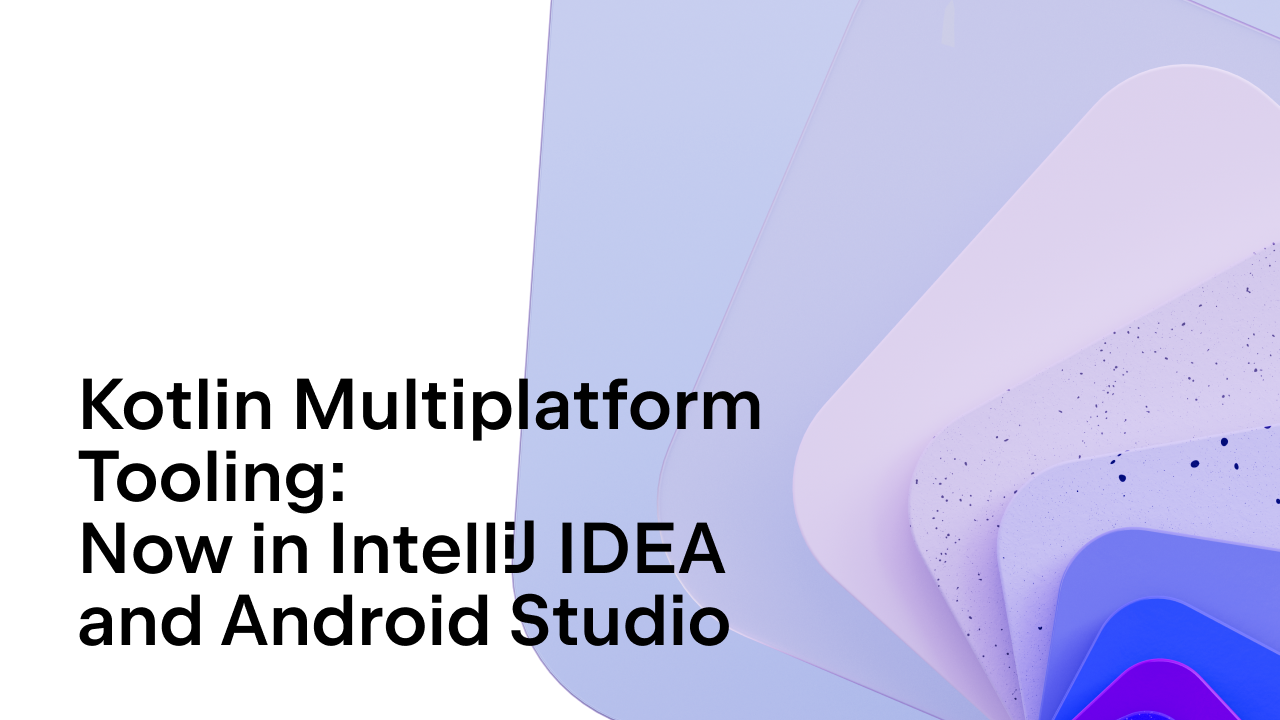
































-(1).jpg?width=1920&height=1920&fit=bounds&quality=70&format=jpg&auto=webp#)



























































.jpg?#)











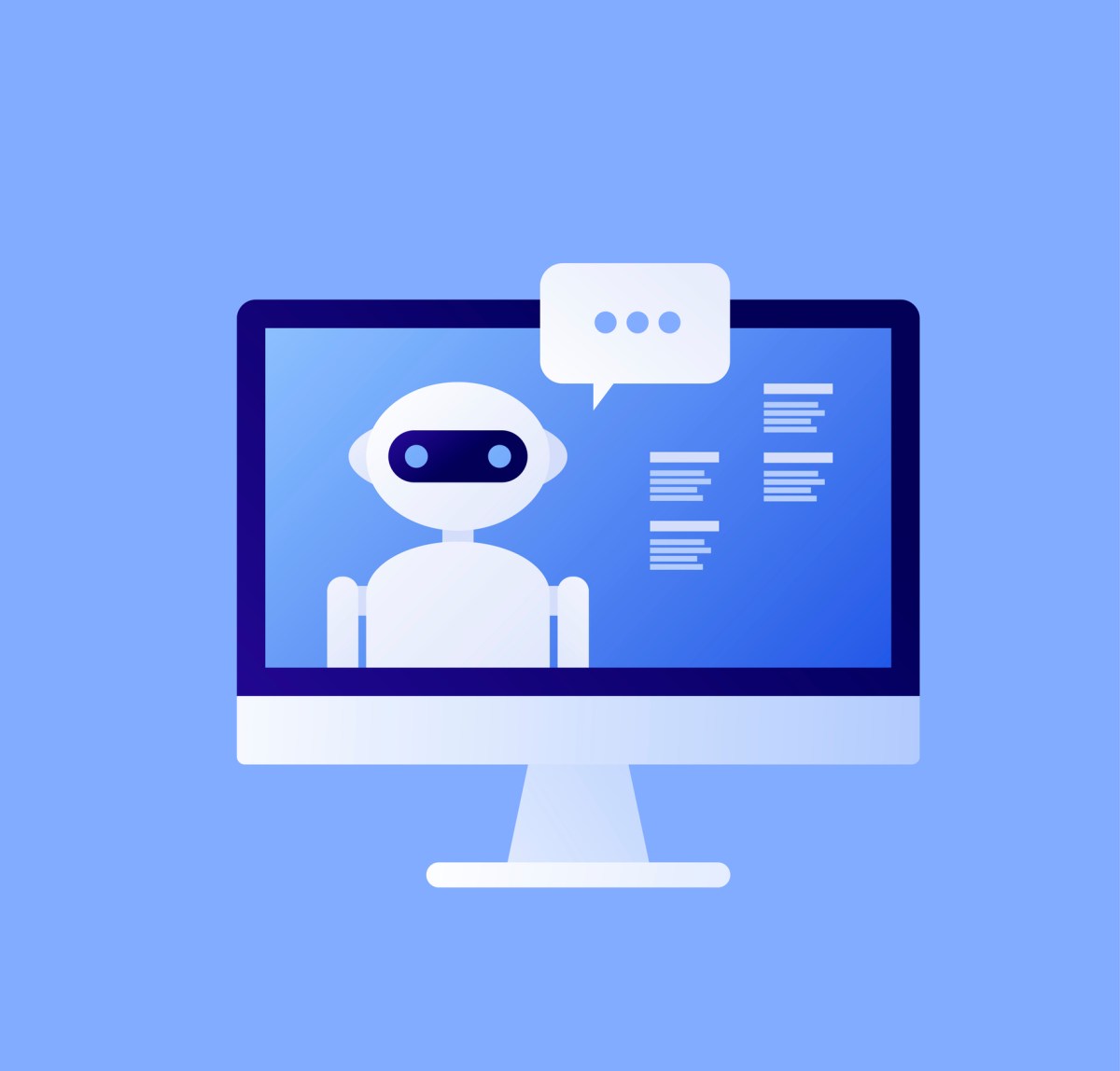

























































































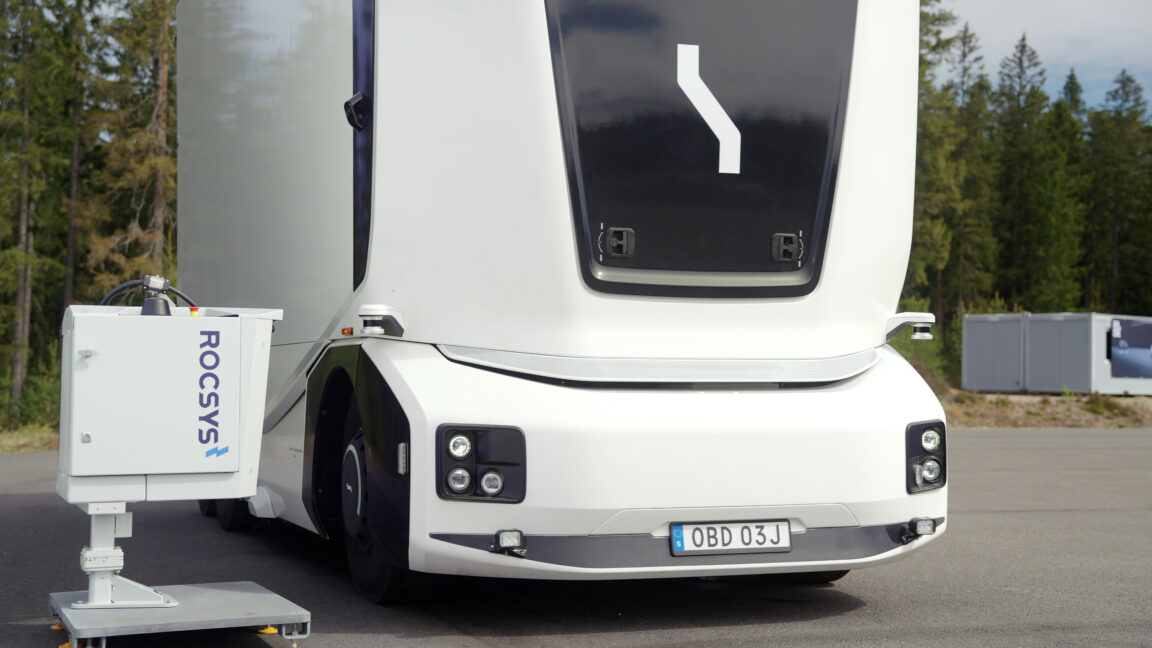

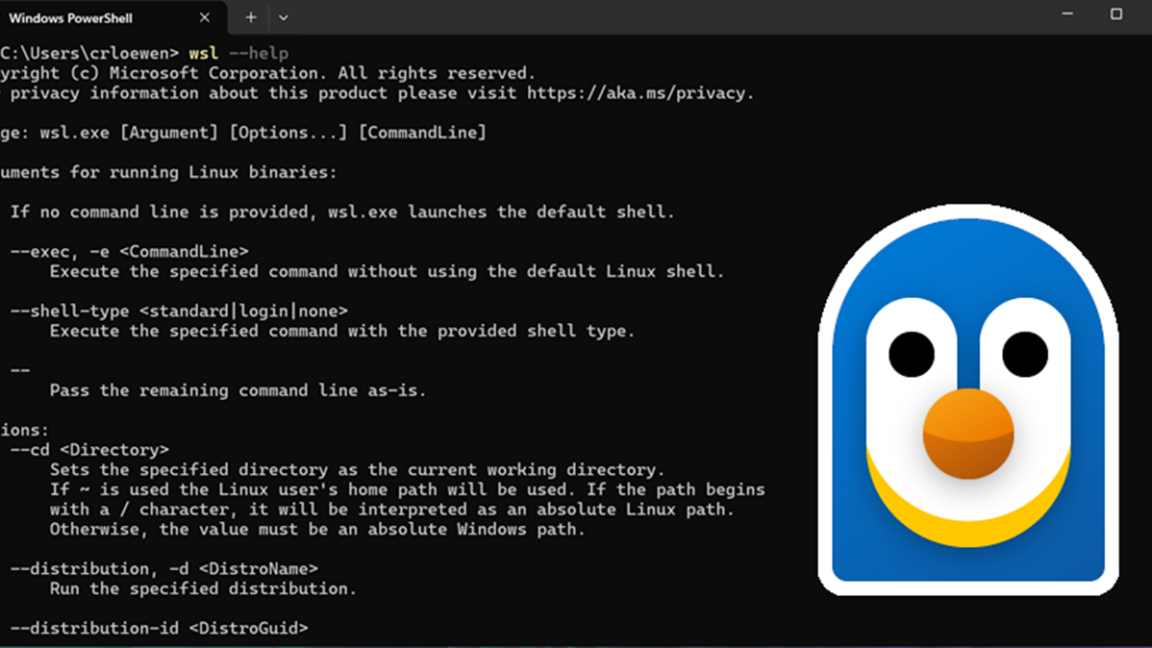





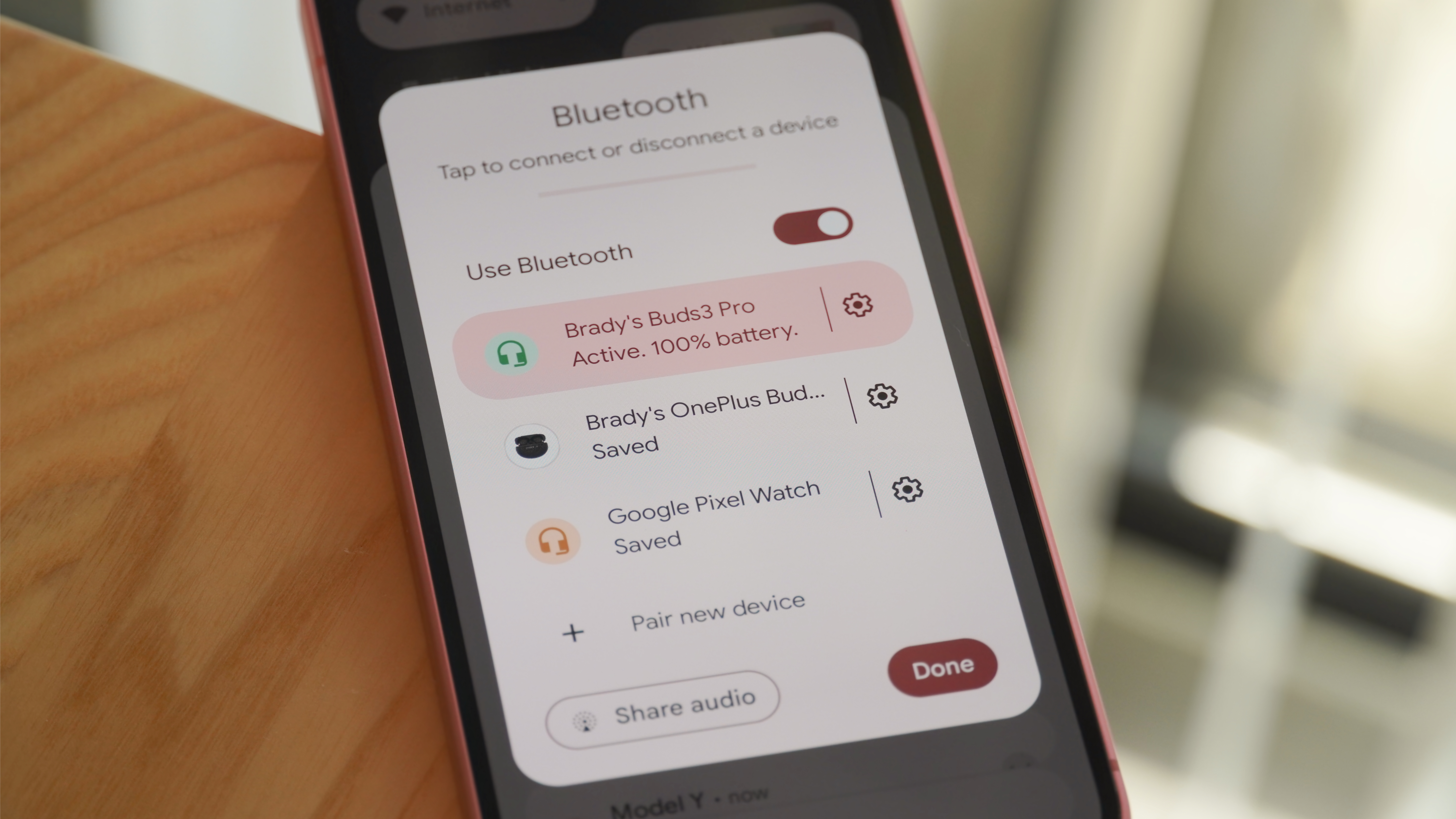

























![Apple's iPhone Shift to India Accelerates With $1.5 Billion Foxconn Investment [Report]](https://www.iclarified.com/images/news/97357/97357/97357-640.jpg)
![Apple Releases iPadOS 17.7.8 for Older Devices [Download]](https://www.iclarified.com/images/news/97358/97358/97358-640.jpg)













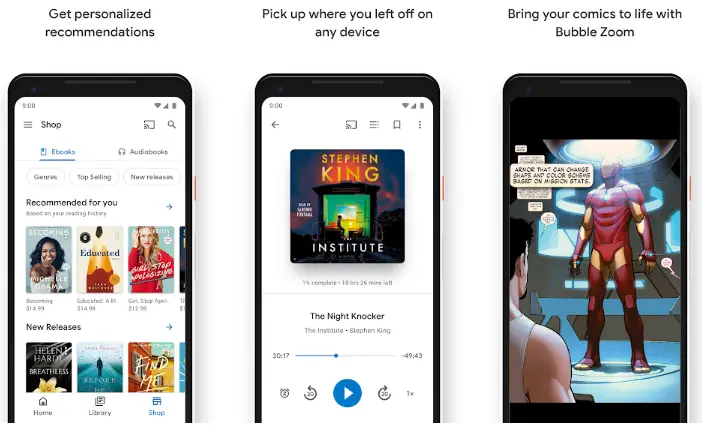














![[Updated With Statement] Verizon’s Motorola Razr 2025 Rollout Is on Hold](https://www.talkandroid.com/wp-content/uploads/2025/04/razr-colorways-2000x1331-1.png)















